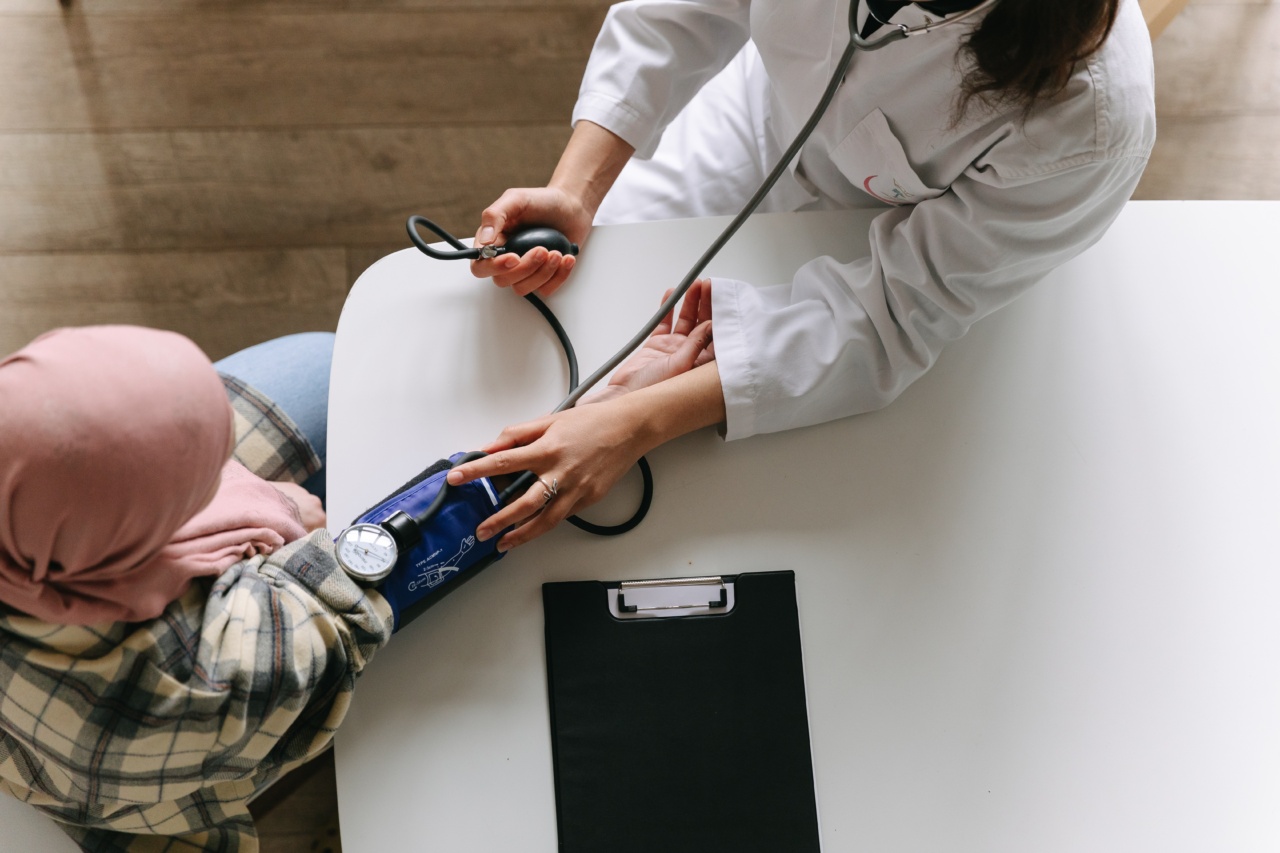Prostate cancer is one of the most common types of cancer among men, with thousands of new cases diagnosed each year. Fortunately, there are steps you can take to reduce your risk and improve your overall prostate health.
In this article, we will explore a method that has been proven to work in reducing the risk of prostate cancer.
Understanding Prostate Cancer
Before we delve into the method that can help reduce your prostate cancer risk, it’s important to have a basic understanding of what prostate cancer is.
Prostate cancer occurs when abnormal cells develop in the prostate gland, which is a small walnut-shaped organ located just below the bladder in men. These abnormal cells may grow and form tumors that can spread to other parts of the body, leading to serious health consequences.
Risk Factors for Prostate Cancer
While the exact cause of prostate cancer is unknown, certain risk factors have been identified. These risk factors include:.
- Age: Prostate cancer is more common in older men, with the majority of cases occurring in those over the age of 65.
- Family History: Men who have a family history of prostate cancer are at a higher risk of developing the disease.
- Ethnicity: African-American men have a higher risk of prostate cancer compared to men of other ethnicities.
- Diet: A diet high in red meat and low in fruits and vegetables may increase the risk of prostate cancer.
- Obesity: Being overweight or obese has been linked to an increased risk of prostate cancer.
The Method That Works
Now that we have covered the basics, let’s explore the method that has been shown to effectively reduce the risk of prostate cancer:.
1. Adopt a Healthy Diet
Your diet plays a significant role in your overall health, including your prostate health. Incorporating certain foods into your diet can help lower your prostate cancer risk.
Include a variety of fruits, vegetables, whole grains, and healthy fats in your meals. Limit your consumption of red meat and processed foods.
2. Increase Physical Activity
Regular physical activity has been linked to a reduced risk of prostate cancer. Aim for at least 150 minutes of moderate-intensity exercise or 75 minutes of vigorous exercise per week.
Find activities that you enjoy, such as walking, swimming, or cycling, to make it easier to stick to a routine.
3. Maintain a Healthy Weight
Being overweight or obese is associated with an increased risk of prostate cancer. Take steps to maintain a healthy weight through a combination of regular physical activity and a balanced diet.
Losing even a small amount of weight can have significant health benefits.
4. Don’t Smoke
Smoking is not only harmful to your lungs but also increases the risk of developing various types of cancer, including prostate cancer. If you currently smoke, seek help to quit smoking as soon as possible.
5. Limit Alcohol Consumption
Excessive alcohol consumption has been linked to an increased risk of prostate cancer. If you choose to drink alcohol, do so in moderation. It is generally recommended to limit alcohol intake to no more than two drinks per day.
6. Get Regular Check-ups
Regular check-ups with your healthcare provider are crucial for early detection and prevention of prostate cancer.
Discuss your risk factors with your doctor and follow their recommendations for screenings, such as prostate-specific antigen (PSA) blood tests.
7. Consider Prostate-Specific Supplements
There are various dietary supplements available that claim to promote prostate health and reduce the risk of prostate cancer. Some of these supplements contain ingredients like saw palmetto, lycopene, and green tea extract.
Before taking any supplements, consult with your healthcare provider to ensure they are safe and appropriate for you.
8. Manage Stress
Chronic stress can negatively impact your overall health, including your prostate health. Find healthy ways to manage stress, such as practicing relaxation techniques, engaging in hobbies, or seeking support from loved ones.
Prioritizing self-care can have a significant impact on your well-being.
9. Stay Informed
Stay informed about the latest research and advancements in prostate cancer prevention and treatment. Educate yourself about the disease and ways to reduce your risk. Knowledge empowers you to make informed decisions about your health.
10. Spread Awareness
Lastly, spread awareness about prostate cancer and the importance of early detection. Encourage the men in your life to prioritize their prostate health and undergo regular screenings. By raising awareness, you can help save lives.
Conclusion
Reducing your prostate cancer risk is possible by adopting a healthy lifestyle, making informed choices, and seeking regular medical care.
By following the method outlined in this article, you can take proactive steps towards protecting your prostate health. Remember, prevention is always better than cure.































